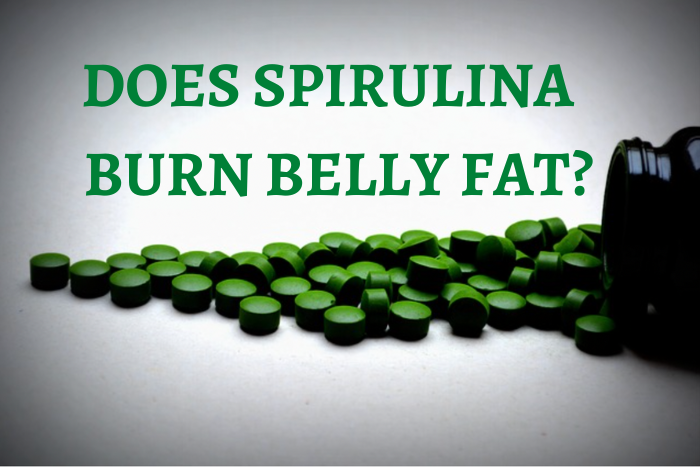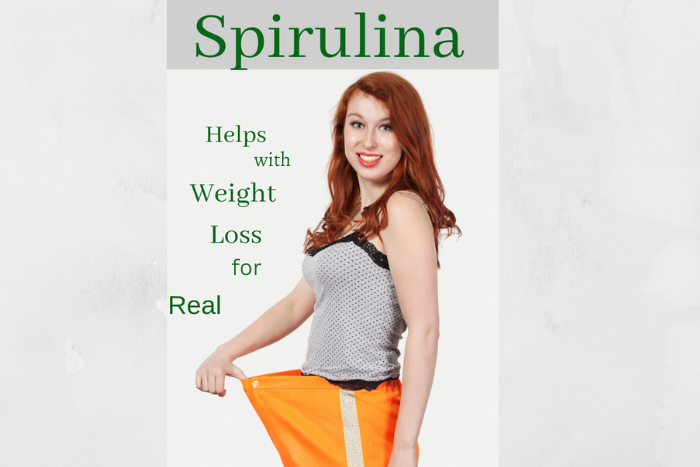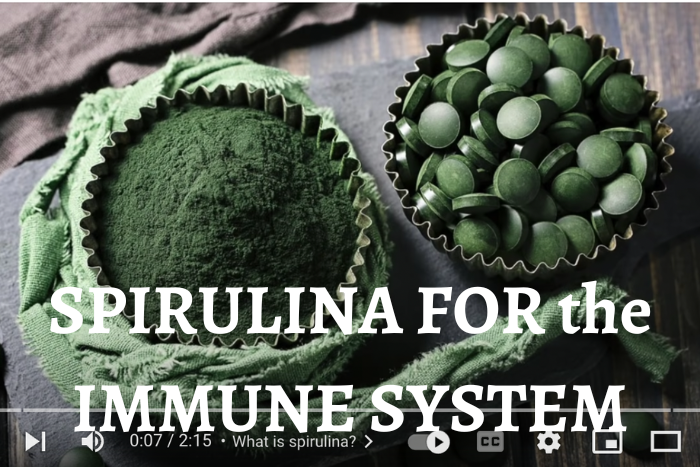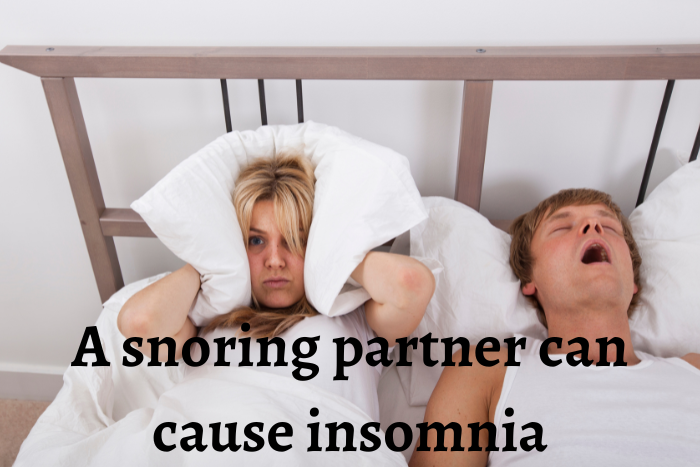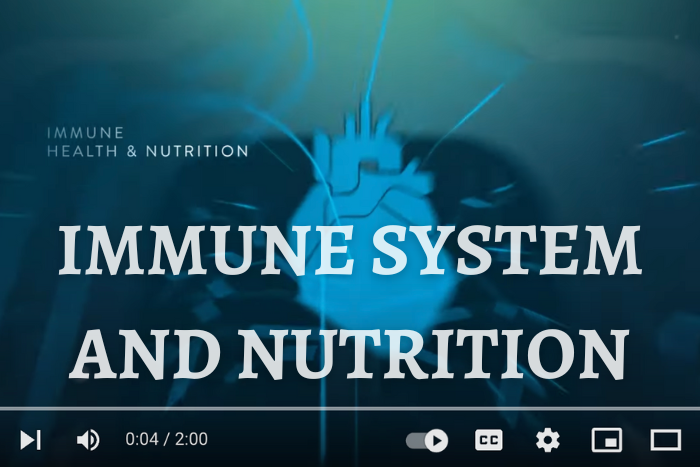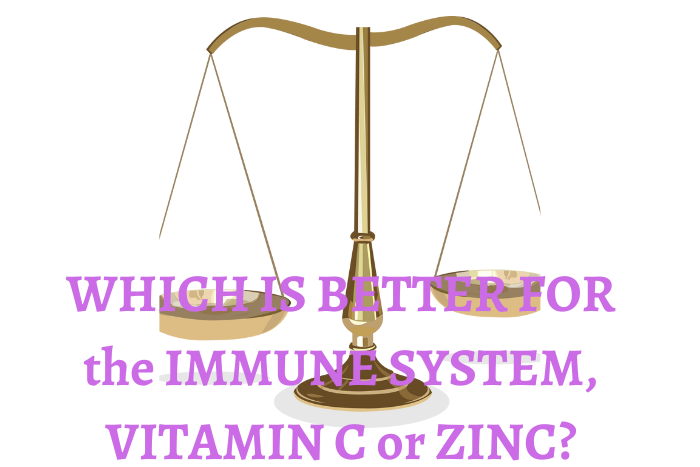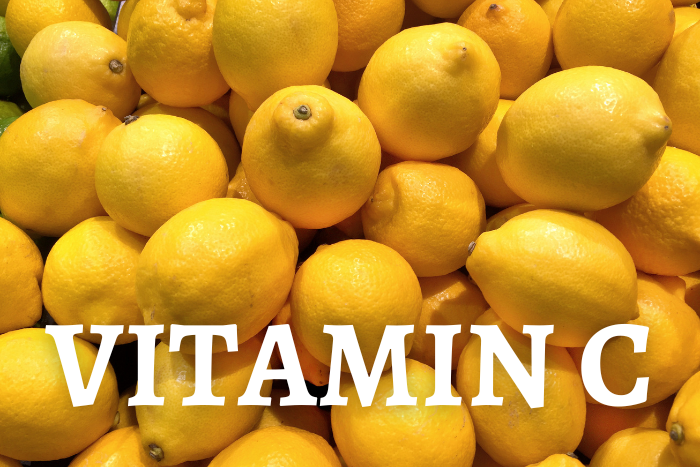
Spirulina is a nutraceutical food that provides all vital nutrients to the body. This alga evolved billions of years ago and did not change since.
Spirulina contains all needed vitamins, trace minerals, proteins, essential amino acids, and chlorophyll. These nutrients keep the body in balance, ensuring that metabolism goes well. Spirulina affects sleep in a beneficial way because of having low calories but satisfying the body’s needs. You do not experience hunger, and you do not need to check the refrigerator for the additional ice-cream portion. You can sleep without disturbances of heavy food in the stomach.
How does Spirulina help with sleep?
It is nothing new about sleep importance. Sleep rejuvenates us and lets us start a new day with a fresh head and relaxed body.
Many people who go to work like to eat late dinner at home. When a meal is heavy, the stomach will be heavy too. The sleep will not be the same as you go to sleep with the feeling of fullness and at the same time not experiencing hunger.
Spirulina has 70% of lightly assimilated proteins that provide building blocks for the body. These proteins and other nutrients absorb fast and easily. You do not feel that you ate something substantial, but you feel satisfaction.
There are no cravings or temptation to take advantage of another Snicker piece.
Does Spirulina contain magnesium?
Yes, Spirulina has magnesium, iron, selenium, zinc, copper, manganese, chromium, and germanium. All these trace elements participate in enzyme reactions and metabolic processes.
Magnesium in Spirulina helps to relax muscles. Did you experience twitching or stiffness in muscles after exercises or felt cramps in the middle of the night?
Magnesium helps with that. Of course, the amount of magnesium in Spirulina is tiny, but working together with other elements creates a beneficial environment for sleep.
Spirulina helps with inflammation
Spirulina helps activate the immune system. The innate immune system is a first line of defense.
According to the authors of Spirulina in Human Nutrition and Health
Inflammation, caused by the innate immune system, is one of the first signs of infection. Thus, the possibility that Spirulina can assist in innate immunity holds the potential for this compound to exhibit widespread effects throughout the body.
M.E.Gershwin and Amha Belay, Spirulina in Human Nutrition and Health, 278
When you have inflammation somewhere, you can be disturbed. Your sleep can be affected.
Thankfully, Spirulina strengthens the innate immune system that fights infection.
Spirulina does not disturb sleep
All nutrients in Spirulina provide to the body beneficial effects. GLA, gamma-linolenic acid, is the precursor for the body’s prostaglandins, master hormones that control many of the body’s vital functions.
Blood pressure, cholesterol synthesis, cell proliferation, and inflammation depend on GLA.
Spirulina is rich with GLA. Only mother’s milk has more gamma-linolenic acid compared with Spirulina.
Spirulina benefits the people

Spirulina contains a powerful antioxidant: phycocyanin. It helps the lymph system maintain healthy organs in the body and protects from ulcers, bleeding piles, and other diseases.
Phycocyanin in Spirulina strengthens the body’s resistance through the lymph system.
What does it mean? It means that thanks to Spirulina, the immune system does the best work keeping invaders and infections away. When you feel well, you can sleep well.
Wrapping up
Spirulina does not interfere with sleep. It is the opposite. Spirulina provides all the needed nutrients that keep all systems and the body’s metabolism running smoothly. What is more critical is that Spirulina satisfies hunger, and you do not need to check for sweets or drinks before you sleep.
You feel full but light because of the low calories in Spirulina. You do not need to be afraid of additional pounds around your waist as you finish the ice cream box these times.
Did you try spirulina? It would be nice to hear from you.
